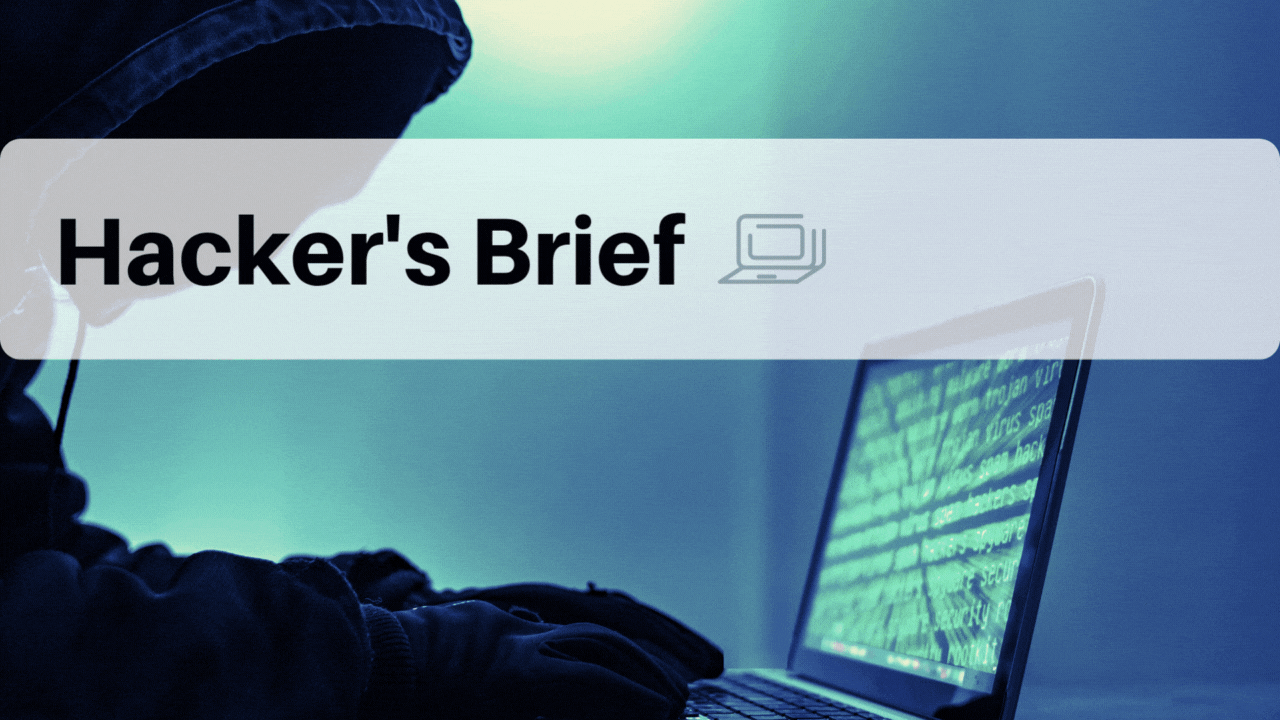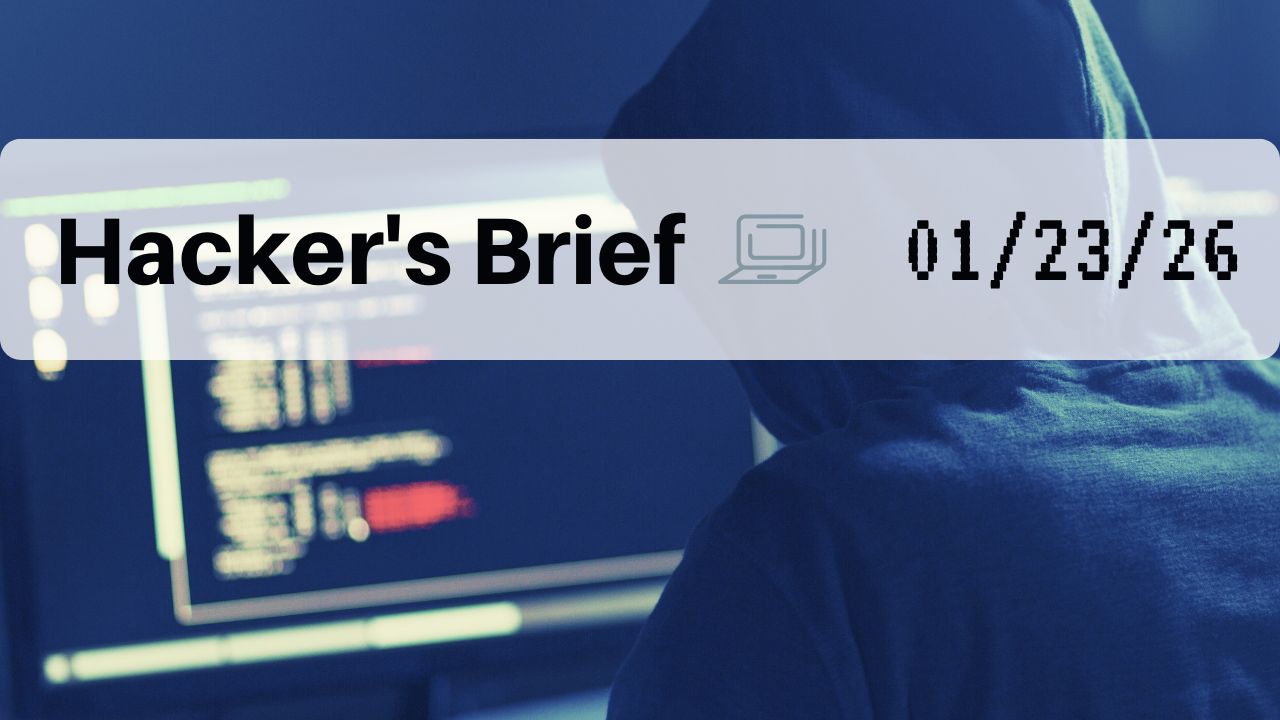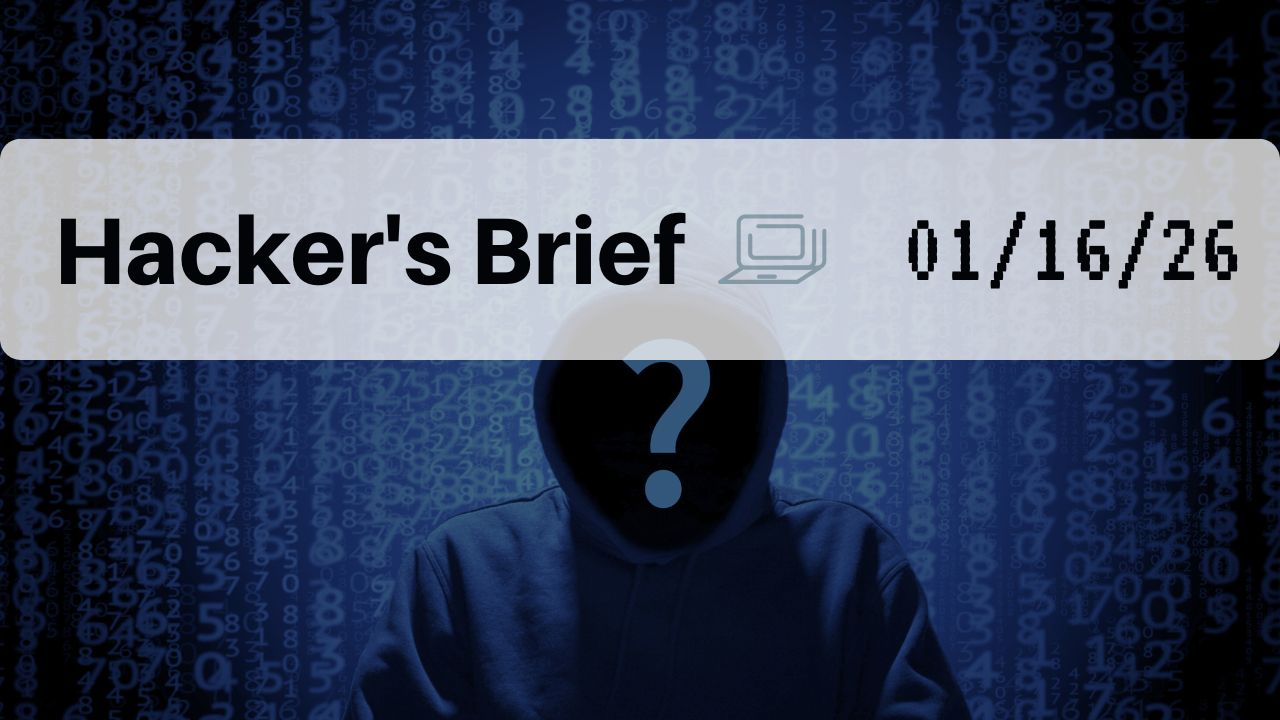
www.wyocan.org
www.cyberwyoming.org/alliance
307-223-1265, PO Box 2332, Laramie, WY 82073
Better Safe Than Clicked:
A Laramie business received a legitimate new login from Charleston using Chrome on a Macintosh notification email from a social media scheduling site that they use. Although the email appeared genuine, they took precautionary steps by not clicking any links within it. Instead, they confirmed with coworkers that no one had attempted the login. Once they determined the activity was unauthorized, they went directly to the official website to change the account password. CyberWyoming Note: This business took the right approach, but later told us that it was a genuine login attempt alert because they checked the log files form their social media scheduling site. Changing the password and double checking that multi-factor authentication was enabled were the right steps.
Facebook Code Con:
A Laramie resident reported receiving a scam email with a subject line containing random numbers and foreign language text. It appeared to be from a legitimate Facebook email address, but most of the email was in a non-English language. The English portion addressed the recipient by their correct name and falsely claimed to be from "Facebook Security." It included a fake security code and instructions to enter it on Facebook. CyberWyoming Note: This is a common phishing scam targeting Facebook login credentials by tricking you into entering a fake security code. Never click on suspicious emails or enter codes unless you requested them yourself. Even though this scam was fairly obvious due to the mix of languages, it's important to stay vigilant because many other phishing emails look very convincing. Always verify messages directly through the official app or website before taking any action.
Order Not Confirmed:
A Big Horn resident received a suspicious scam email purportedly from "Mila Norton" with the subject "ASDE_Notice Update CVF FVD 15 January, 2025." The email contained a poorly written message, including the phrase "SDER_Y o u r_ o r d e r_ h a s_ b e e n_ s u c c e s s f u ll y_ r e c o r d e d_" and an attachment with the date. The recipient found the email messy and suspicious, blocked the sender, and reported it as spam. CyberWyoming Note: Be cautious of emails with suspicious or unclear subjects, unusual phrasing, or attachments, and avoid opening any files or clicking links from unknown or unexpected sources. Always report such emails as spam and block the sender.
The Cost of Being Scammed:
Beyond financial loss, mobile scams leave behind serious emotional and psychological damage, as highlighted in the Malwarebytes 2025 Mobile Scam Report. Three in four scam victims report emotional harm, including anxiety, depression, and embarrassment. Over half suffer financial losses, and more than a quarter lose access to key digital assets. Younger users are most deeply affected, with many facing public exposure to personal data.
– Brought to you by Malwarebytes
malwarebytes.com/mobile-scams
Spotting and Stopping Military Scams:
Military life, with frequent moves, deployments, and reliance on digital communication, creates opportunities for scammers to target service members and their families. These scammers exploit trust, urgency, and emotional stress, often posing as fellow service members or officials to steal money and personal information. Common scams include social media impersonation, fake job offers asking for fees or personal data, predatory military loans with hidden costs, fraudulent housing listings demanding upfront deposits, and impersonations of VA or TRICARE representatives requesting sensitive info or fees. Veterans are also targeted with scams promising help with benefits or offering to buy future payments at steep discounts. To protect yourself, always verify identities through official sources, stay connected with your community to share warnings, and report any scams to authorities like the FTC or VA fraud offices. Awareness and vigilance are key to safeguarding yourself and your military family from these deceptive tactics.
– Brought to you by Fight Cybercrime
fightcybercrime.org/blog/military-scams-how-to-spot-them-and-protect-your-community/
International Cybercrime Ring Dismantled:
Fourteen people were arrested in a coordinated international crackdown on a cybercriminal network behind large-scale UK tax fraud. Using phishing, the group stole personal data to file fake PAYE, VAT, and Child Benefit claims. No financial losses occurred, but about 100,000 HMRC accounts were affected. Thirteen suspects were arrested in Romania and one in the UK, facing charges including fraud and money laundering. The operation, led by UK and Romanian authorities, highlights the success of international cooperation against financial cybercrime. Investigations are ongoing.
– Brought to you by Cyber Security News
cybersecuritynews.com/authorities-arrested-14-hackers/
MS-ISAC and CISA Patch Now Alert:
The Multi-State Information Sharing and Analysis Center (MS-ISAC) or the Cybersecurity & Infrastructure Security Agency (CISA) has published a patch now (update your software) alert for Google Chrome and Microsoft SharePoint. If you use either of these products, make sure the software (or firmware) is updated.
Data Breaches in the News:
Anne Arundel Dermatology, Zumpano Patricios P.A., Microsoft SharePoint, Ceirant Corp, and Western Montana Mental Health Center. Note: If you have an account with these companies, be sure to change your password and consider placing a credit freeze on your accounts through the three credit reporting agencies: TransUnion, Experian, and Equifax.
Please report scams you may experience to phishing@cyberwyoming.org to alert your friends and neighbors.
Other ways to report a scam:
- Better Business Bureau Scam Tracker: bbb.org/scamtracker/us/reportscam
- Wyoming Attorney General’s Office, Consumer Protection
- File a complaint with the Federal Trade Commission at reportfraud.ftc.gov
- Get steps to help at www.IdentityTheft.gov
- Report your scam to the FBI at www.ic3.gov/complaint
- Reported unwanted calls to the Federal Trade Commission’s Do Not Call Registration. Online at donotcall.gov/report.html or call 1-888-382-1222, option 3
- Office of the Inspector General: oig.ssa.gov
- If you believe someone is using your Social Security number, contact the Social Security Administration’s (SSA) fraud hotline at 1-800-269-0271.
- AARP Fraud Watch Network (any age welcome) Helpline 877-908-3360
- IRS: report email scams impersonating the IRS to phishing@irs.gov
- Call the Wyoming Senior Medicare Patrol (SMP) for assistance with potential Medicare fraud, abuse, or errors at 1 800 856-4398
- Victim Support: The AARP Fraud Watch Network and Volunteers of America (VOA) created a new, free program to provide emotional support for people impacted by a scam or fraud, called ReST. Visit www.aarp.org/fraudsupport to learn more about the free program and register








